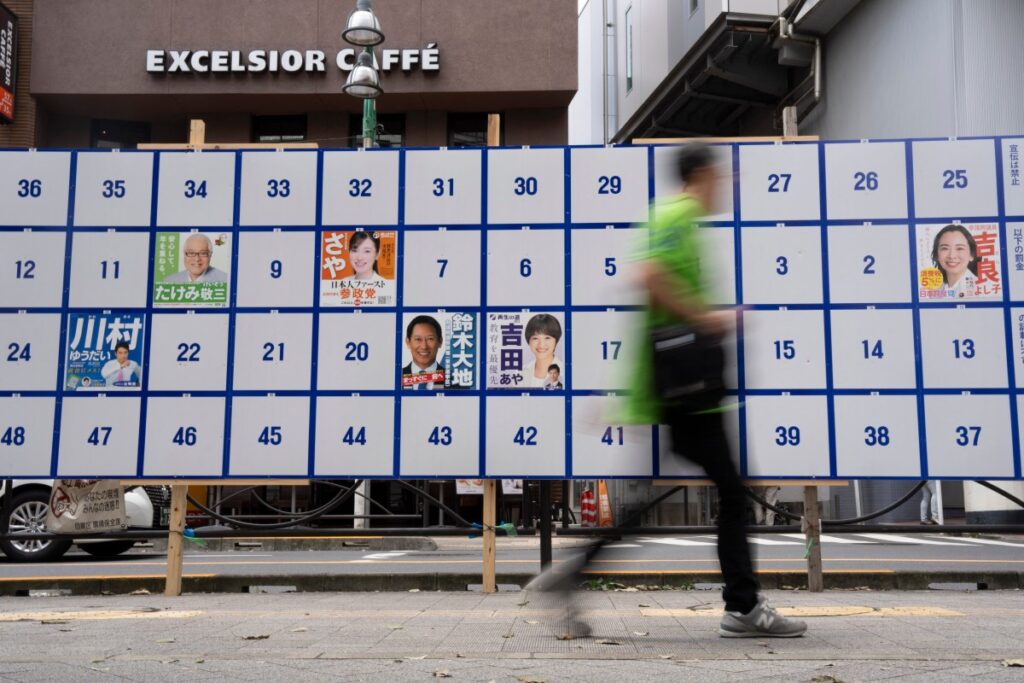
- ARAB NEWS
- 21 Aug 2025

TOKYO: Japan’s upcoming upper house election could have important implications for fiscal health and credit ratings if it brings large tax cuts, Moody’s Ratings said.
The July 20 vote is crucial for the continuity of Prime Minister Shigeru Ishiba’s administration, especially after his ruling Liberal Democratic Party (LDP) and coalition partner Komeito lost their majority in the lower house at a snap poll in October.
The coalition plans to include cash handouts in their campaign pledges to help households cope with inflation, but has resisted calls from opposition parties for tax cuts.
If tax reduction pressure increases in connection with the election, it could be negative for the country’s rating, depending on how large and long-lasting the cuts are, said Christian de Guzman, a manager with Moody’s Sovereign and Sub-Sovereign Risk Group.
Moody’s has rated Japan A1, the fifth-highest level, with a “stable” outlook since December 2014. In May, the agency stripped its top rating from the United States, citing the nation’s growing debt and widening fiscal deficit.
Japan’s debt burden is significant, with the country’s debt-to-gross domestic product (GDP) ratio the highest in the developed world, at about 250%.
The Japanese government bond market got a jolt in May when fiscal concerns and poor demand at debt auctions triggered a plunge in super-long bonds, sending yields to record levels.
Even so, Japan has strong “debt affordability,” as its domestic borrowing rates are low and tax revenue is sufficient to service the debt, Singapore-based de Guzman said.
“There have been some positive trends with regards to government revenue, but what would perhaps compel us to rethink our rating is if there is a very material deterioration in debt affordability,” he added.
The surge in long-term JGB yields in May was more of a global phenomenon, and a more worrying trend would be if Japan saw an large increase in rates across its yield curve, according to de Guzman.
REUTERS